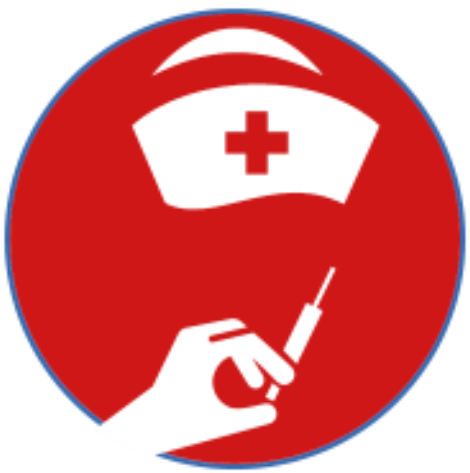Purpose
This week’s graded discussion topic relates to the following Course Outcomes (COs).
- CO3 Define standardized terminology that reflects nursing’s unique contribution to patient outcomes. (PO 3)
- CO8 Discuss the value of best evidence as a driving force to institute change in delivery of nursing care. (PO 8)
Directions
- Discussions are designed to promote dialogue between faculty and students, and students and their peers. In discussions students:
- Demonstrate understanding of concepts for the week
- Integrate scholarly resources
- Engage in meaningful dialogue with classmates
- Express opinions clearly and logically, in a professional manner
- Use the rubric on this page as you compose your answers.
Standardized Terminology and Language in Informatics is an important part of healthcare. Nurses and healthcare workers need to understand and be able to communicate clearly.
Please select one of the following options and discuss your understanding of the role in healthcare and its potential impact on your practice.
- Usability
- Integration
- Interface
- Interoperability
- Meaningful Use
- Reimbursement from Centers for Medicare and Medicaid Services (CMS) payment
- NANDA
- NIC/NOC
ANSWER:
NANDA stands for North American Nursing Diagnosis Association. NANDA has detailed a list of standard nursing diagnosis that determine the appropriate plan of care for a patient. It drives interventions and patient outcomes. NANDA also provides a standard nomenclature. This enables clear communication among nurses.
NANDA allows nurses to prioritize care based on the same set of concepts and nursing diagnosis. This improves patient care. When I say that a patient is at risk for skin impairment, my fellow nurses understand what that means, can tell me ways in which skin impairment might occur, and how to prevent it for my patient given the specific disease. As a nursing student, I used NANDA often. It helps shape my… To continue reading, click on the button below.
